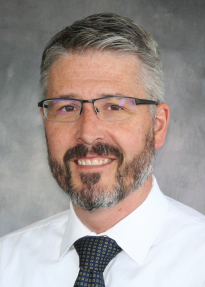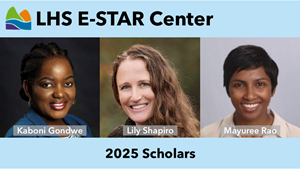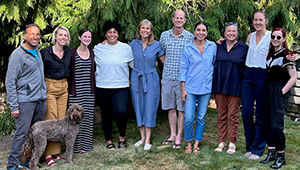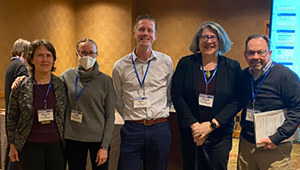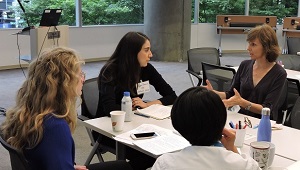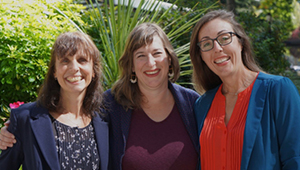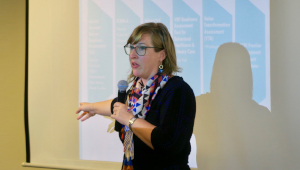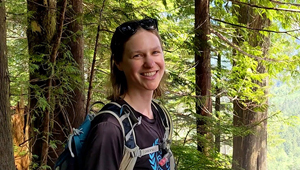Health Services & Economics
Research overview
Kaiser Permanente Washington Health Research Institute (KPWHRI) covers many fields, but much of what we do is health services research. That means we’re studying what really works — and what doesn't — in health care, with a focus on achieving aims including better population health, improved patient experience, and lower health care costs.
It all starts with Kaiser Permanente Washington’s learning health system, where research and practice work side by side to inform and improve each other. Researchers benefit from Kaiser Permanente Washington’s comprehensive capture of rich information about patients’ health, use of health care, and costs. Clinical leaders benefit from rigorous evaluations of novel innovations in care delivery and provider reimbursement.
“Together, we are learning what it takes to quickly translate what works into our health system — and track the long-term effects on outcomes that matter to patients, clinicians, and policymakers,” said David Arterburn, MD, MPH, a senior investigator. Here are just a few examples:
- Our research on addressing obesity includes studies on the effectiveness of bariatric surgery for weight loss and conditions related to obesity such as heart disease and diabetes complications.
- The rapidly rising cost of pharmacotherapy is one of the most challenging problems in all of medicine. We’re researching how best to encourage patients to adhere to their treatment, improve long-term health outcomes, and lower total costs of care. Beverly Green, MD, MPH, is exploring the use of financial incentives in promoting colorectal cancer screening and Nora Henrikson, PhD, MPH, is finding effective and integrated ways for clinical teams to discuss cost of care with cancer patients.
- Curbing overdiagnosis and overtreatment is important because getting too much of some types of health care can be as harmful as not getting enough. At the Center for Accelerating Care Transformation (ACT Center), we’re working to avoid harmful overuse of care through a project called Taking Action on Overuse. We're tackling increasingly prevalent issues, such as long-term opioid use for chronic pain.
- The ACT Center (formerly known as the MacColl Center for Health Care Innovation) has also helped to spread the Chronic Care Model around the world, guiding quality improvement efforts for diabetes, asthma, heart disease, and other chronic conditions. It is also addressing health care workforce issues to help transform the U.S. health care system.
The impact of our health services research is extensive. Being part of the Kaiser Permanente system, along with our membership in the Health Care Systems Research Network, the Breast Cancer Surveillance Consortium, and other national and international collaborations increases the size and diversity of our study populations. These connections also help KPWHRI shape care and policy beyond the Kaiser Permanente Washington system.
Recent publications on Health Services & Economics
Patton L, Deltoro I, Macuiba J. Alcoholism: a guideline for early detection and treatment. Group Health Cooperative of Puget Sound. HMO Pract. 1992;6(4):32-8. PubMed
Baker NJ, Giese AA. Reorganization of a private psychiatric unit to promote collaboration with managed care. Hosp Community Psychiatry. 1992;43(11):1126-9. PubMed
Von Korff M. Case definitions in primary care. The need for clinical epidemiology. Gen Hosp Psychiatry. 1992;14(5):293-5. PubMed
Davis K. Mobile health education program: "Blood and Guts Van". HMO Pract. 1992;6(3):39-40. PubMed
Murphy G. Patient information standards development: a progress report from ASTM. J AHIMA. 1992;63(8):49-54. PubMed
Researchers in Health Services & Economics
 David E. Arterburn, MD, MPHSenior Investigator |
 Rita Mangione-Smith, MD, MPHExecutive Director and Senior Investigator, KPWHRI; Vice President for Research and Health Care Innovation, Kaiser Permanente Washington |
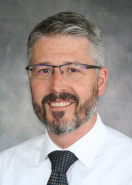 Robert Penfold, PhDSenior Investigator |
 James D. Ralston, MD, MPHSenior Investigator |
 Katharine A. Bradley, MD, MPHSenior Investigator |
 Paula Lozano, MD, MPHSenior Investigator; Director, ACT Center |
 Jessica Chubak, PhDSenior Investigator |
 Karen Wernli, PhDSenior Investigator |
 Erin J. Bowles, MPHDirector, Collaborative Science |
 Gwen Lapham, PhD, MPH, MSWAssistant Investigator |
 Melissa L. Anderson, MSPrincipal Collaborative Biostatistician |
 Eric Johnson, MSSenior Collaborative Biostatistician |
 Lorella Palazzo, PhDSenior Collaborative Scientist |
 Paula R. Blasi, MPHSenior Collaborative Scientist |
 Yates Coley, PhDAssociate Biostatistics Investigator |
 Paige D. Wartko, PhD, MPHSenior Collaborative Scientist |
 Leah K. Hamilton, PhDSenior Collaborative Scientist |
 Chloe Krakauer, PhDCollaborative Biostatistician |
 Claire Allen, MPHManager, Collaborative Science |
 Theresa E. Matson, PhD, MPHCollaborative Scientist |
 Nora Henrikson, PhD, MPHAssociate Investigator |
Affiliate researchers
Douglas A. Conrad, PhD, MBA, MHA
Health Services and Dental Public Health Sciences
Center for Health Management Research
Finance and Business Economics
University of Washington (UW)
David Grembowski, PhD
Health Services and Dental Public Health Sciences
Adjunct Professor, Sociology, UW
Larry Kessler, ScD
UW Department of Health Services
Emily Williams, PhD, MPH
UW Department of Health Services; VA Health Services Research & Development Center of Excellence

